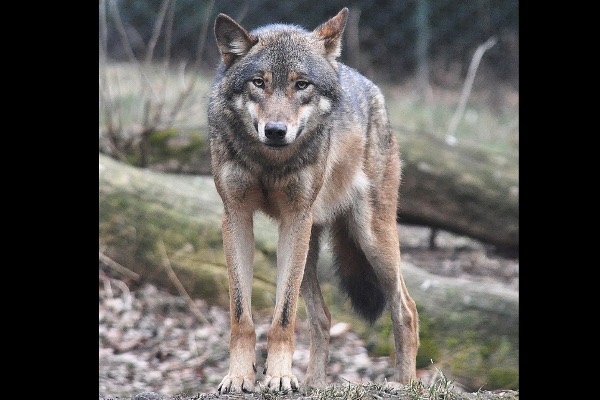Study Reveals Most Dog Breeds Carry Wolf Genes — Even Chihuahuas Have Traces of Wolf Ancestry

A recent genetic analysis shows that gene flow between modern domestic dogs and wolves has been far more frequent than previously believed. A U.S. research team found through extensive genomic data analysis that more than 60% of dog breeds carry identifiable wolf genetic signatures—genes that are not remnants from ancient domestication, but rather the result of occasional interbreeding between dogs and wild wolves in later periods.
According to researchers at the American Museum of Natural History, scientists had long assumed that wolf genes were nearly undetectable in domestic dogs, but the latest findings overturn this view. By comparing thousands of dog and wolf genomes from public databases, the team discovered that many dog breeds retain varying levels of wolf DNA; even the smallest breeds, such as the Chihuahua, were found to contain about 0.2% wolf ancestry.
Among all breeds, the Czechoslovakian Wolfdog and Saarloos Wolfdog—both produced through deliberate crossbreeding with wolves—have the highest wolf-gene proportions, reaching up to 40%. Among common companion breeds, the English Foxhound stands out with about 5% wolf DNA. Other sight-hounds, such as the Saluki and Afghan Hound, also retain relatively high levels of these genes.
The study further indicates that wolf-derived genetic information may influence traits such as body structure, sense of smell, or behavior. However, not all dogs with wolf genes are large in size; for example, the giant Saint Bernard shows almost no detectable wolf ancestry. Some working breeds, such as sled dogs, exhibit unique genetic compositions linked to ancient wolf populations and early sled-dog lineages, highlighting their historical connection with early human activities in polar regions.
Researchers also compared wolf-DNA proportions across breeds with temperament descriptions provided by kennel clubs. They found that breeds with higher wolf-gene levels were more often described as independent, reserved toward strangers, or territorial. In contrast, breeds with lower wolf-DNA proportions were more frequently characterized as affectionate, compliant, and easy to train. However, the team cautions that these trends cannot be used to predict individual behavior, as each dog is shaped by environment and training.
This study allows scientists to re-examine canine evolution and better understand how wolf-derived genetic information influences various traits in domestic dogs, offering new perspectives on the origins of dog behavior.
- 102 reads
Human Rights
Fostering a More Humane World: The 28th Eurasian Economic Summi

Conscience, Hope, and Action: Keys to Global Peace and Sustainability

Ringing FOWPAL’s Peace Bell for the World:Nobel Peace Prize Laureates’ Visions and Actions

Protecting the World’s Cultural Diversity for a Sustainable Future

Puppet Show I International Friendship Day 2020

